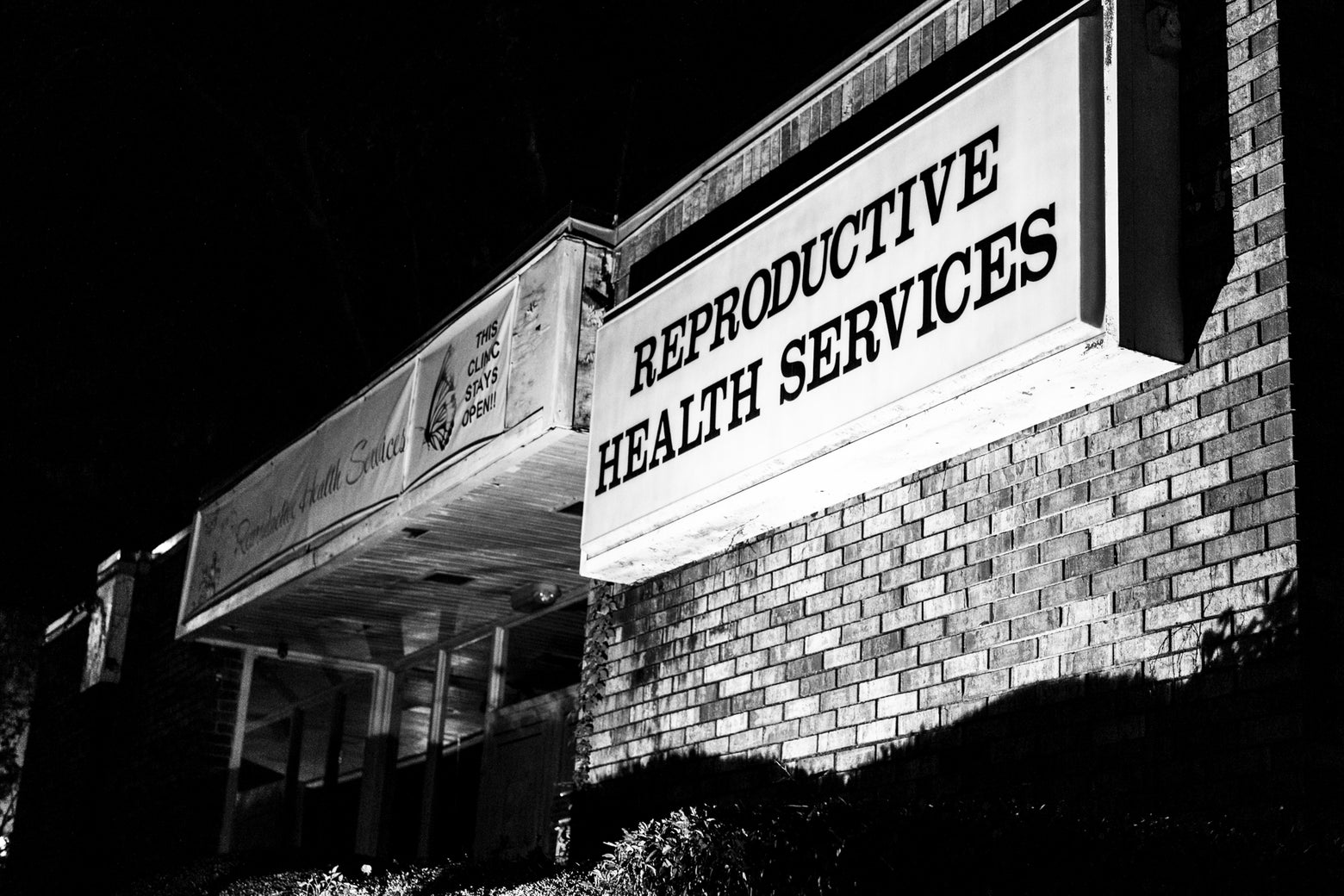was astounded by how often patients were turned away from emergency rooms and their doctor’s offices in the middle of their miscarriages.
No wonder Alabama has the third-highest maternal mortality rate in the nation, I initially thought. People are denied urgent medical attention outright, which left me wondering at first if health care providers were simply negligent and not keeping up with their medical education. Or was this lack of care a reflection of discrimination? Eventually, I landed on discrimination as the cause.
But I was wrong. The reality is much worse. Instead, these medical professionals seem to know what they are supposed to do, but choose not to.
I came to this realization when I saw a patient in active miscarriage (bleeding, passing clots, cramping) who had just had an office visit with her primary physician. She was forced to wait more than 48 hours in order to get the results of her bloodwork. Doctors will sometimes check a patient’s levels of HCG, or human chorionic gonadotropin, to help distinguish miscarriages from ongoing pregnancies or ectopic pregnancies. I could not understand why someone with all of the clinical signs of a miscarriage in progress was required to wait for much-needed intervention, all the while bleeding and cramping and suffering.
I was angry that the patient’s doctor did not just provide the standard medical treatment for a miscarriage: surgically removing the contents of her uterus, which would stop her pain and bleeding. Then I saw a different patient who was actively miscarrying, and a lightbulb clicked on: The doctors were afraid of being attacked by the state of Alabama.

